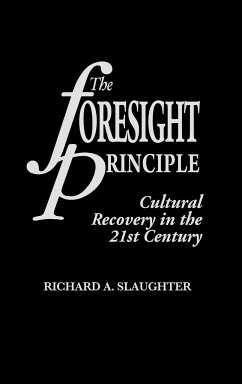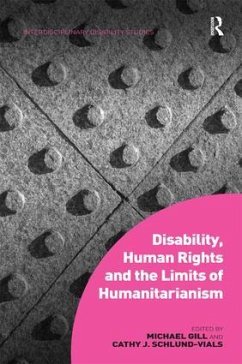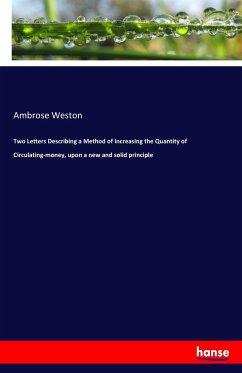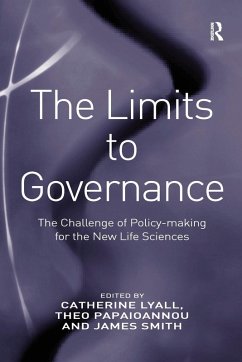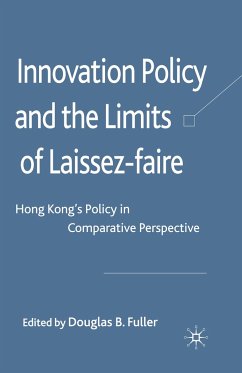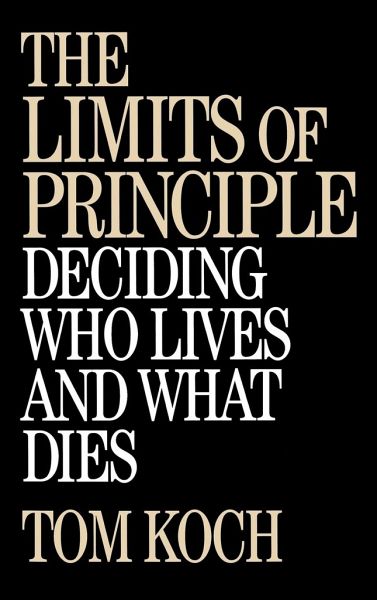
The Limits of Principle
Deciding Who Lives and What Dies
Versandkostenfrei!
Versandfertig in 1-2 Wochen
69,99 €
inkl. MwSt.

PAYBACK Punkte
35 °P sammeln!
As a society, we are faced with a series of dilemmas-abortion, euthanasia, genetic engineering, organ transplant allocation, support or non-support of the elderly and fragile-that seem to offer no resolution. How do we choose between the needy and the ailing? Choices must be made in both the world of law and the realm of medical ethics. What we need is what we do not have-a perspective in the larger sense of the word-a view that makes apparent the sweep of the issues at hand. The failure of perspective in bioethics and medical decision making is absolute. It results from the limits of an 18th ...
As a society, we are faced with a series of dilemmas-abortion, euthanasia, genetic engineering, organ transplant allocation, support or non-support of the elderly and fragile-that seem to offer no resolution. How do we choose between the needy and the ailing? Choices must be made in both the world of law and the realm of medical ethics. What we need is what we do not have-a perspective in the larger sense of the word-a view that makes apparent the sweep of the issues at hand. The failure of perspective in bioethics and medical decision making is absolute. It results from the limits of an 18th century philosophy and philosophical method. Simply, current methods of examining these issues can not resolve them because the method itself is limited. Answers are possible. They require, Koch argues, a new approach. In it, principle is the goal, not the mechanism of solution. Its parts must be defined and their application considered in context. This is demonstrated using two distinct contemporary problems. The first: Who gets available organ transplants? How do we decide between the equally needy when there are not enough organs for all? The second: The problem of Baby K, the care or non-care of brain stem, anencephalic babies. These problems are defined using multicriterion approach and resolved through a series of focus group discussions that involve medical and lay personnel. What results is a new, more inclusive view of medicine and a new, more complex understanding of what consensus may mean in an evolving, twenty-first century society. This is must reading for lay people, medical personal, and policymakers concerned with bioethics and medical philosophy issues.



